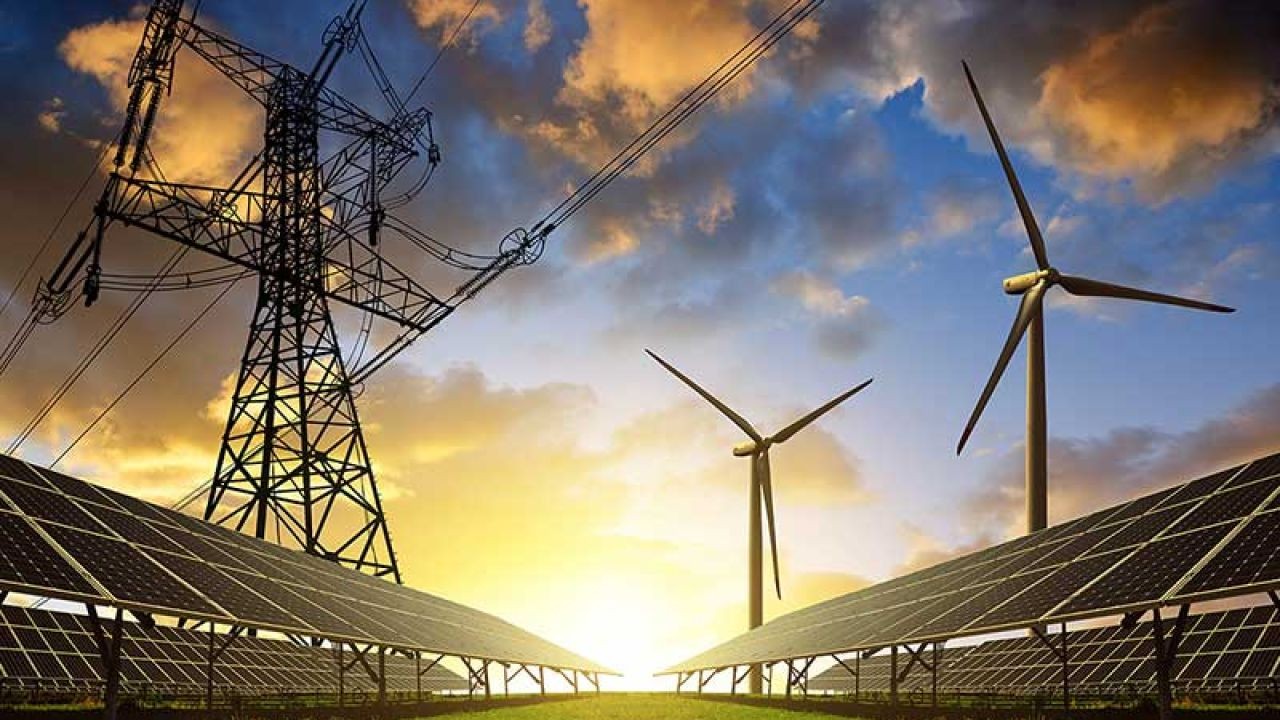As the world grapples with climate change and the transition to sustainable energy sources, New Zealand stands at the forefront of innovation with its green hydrogen initiatives. With a government committed to reducing carbon emissions and a unique blend of natural resources, New Zealand is poised to become a leader in green hydrogen production. But what does this mean for the country's economy and its future energy landscape?
Understanding New Zealand's Green Hydrogen Landscape
Green hydrogen, produced through the electrolysis of water using renewable energy, offers a clean alternative to fossil fuels. In New Zealand, with its abundant wind and hydroelectric resources, the potential for green hydrogen production is vast. In 2020, the New Zealand government launched the Hydrogen Vision initiative, aiming to integrate hydrogen into the nation’s energy system by 2035. This ambitious goal underscores the country's commitment to cleaner energy sources and reflects a broader global trend towards hydrogen adoption.
According to a report by the Ministry of Business, Innovation and Employment (MBIE), New Zealand has the potential to produce 10% of its total energy needs through hydrogen by 2035. This shift could significantly reduce the country's carbon footprint, aligning with its target of net-zero emissions by 2050.
Case Study: Ballance Agri-Nutrients and Hiringa Energy
Problem: Ballance Agri-Nutrients, a major New Zealand fertilizer company, faced the dual challenge of reducing its carbon emissions and securing a reliable energy supply for its manufacturing processes.
Action: In partnership with Hiringa Energy, Ballance initiated a project to produce green hydrogen at its Kapuni plant. This collaboration aimed to harness wind energy for hydrogen production, thereby reducing reliance on natural gas.
Result: The project, which began in 2021, is expected to produce up to 8,000 tonnes of green hydrogen annually. This will meet 50% of Ballance’s energy needs and reduce its carbon emissions by 40%. Furthermore, the project will create over 50 new jobs in the Taranaki region.
Takeaway: This case illustrates the viability of green hydrogen as a sustainable energy solution for industrial applications. By leveraging natural resources and strategic partnerships, New Zealand businesses can achieve significant environmental and economic benefits.
Economic Impacts and Industry Insights
Transitioning to green hydrogen holds significant economic potential for New Zealand. The country’s renewable energy sector could see a boost in investments, leading to job creation and technological advancements. According to the Reserve Bank of New Zealand, the renewable energy sector could contribute an additional NZD 4 billion to the economy by 2030, driven by hydrogen-related projects.
Moreover, green hydrogen production can enhance energy security by reducing dependence on imported fossil fuels. This shift not only aligns with sustainability goals but also stabilizes energy prices by utilizing locally sourced renewable energy. As a result, industries across New Zealand could experience lower operational costs and increased competitiveness on the global stage.
Pros and Cons of Green Hydrogen Initiatives
Pros:
- Environmental Benefits: Significantly reduces carbon emissions, contributing to climate change mitigation.
- Energy Independence: Less reliance on imported fossil fuels, enhancing national energy security.
- Economic Growth: Potential to create jobs and attract investments in the renewable energy sector.
Cons:
- High Initial Costs: Significant investment is required for infrastructure development.
- Technological Challenges: Requires advancements in electrolysis technology to improve efficiency.
- Market Uncertainty: Fluctuations in global hydrogen demand could impact market stability.
Debunking Myths About Green Hydrogen
Myth: "Green hydrogen is too expensive to be viable."
Reality: While initial costs are high, economies of scale and technological advancements are driving down the costs. By 2030, hydrogen production costs could fall by 50%, making it competitive with other energy sources (Source: International Energy Agency).
Myth: "Hydrogen production is not environmentally friendly."
Reality: Green hydrogen, produced using renewable resources, is an environmentally friendly process that significantly reduces emissions compared to grey hydrogen, which uses fossil fuels.
Future Trends and Predictions
Looking ahead, the global demand for green hydrogen is expected to grow exponentially. New Zealand, with its strategic initiatives and resource advantages, is well-positioned to become a major player in the hydrogen economy. According to a Deloitte report, the global hydrogen market could be worth USD 2.5 trillion by 2050, with New Zealand capturing a significant share by exporting hydrogen to energy-hungry markets like Japan and South Korea.
Moreover, advancements in hydrogen storage and distribution technologies will further enhance its adoption across various sectors, from transportation to manufacturing. As the technology matures, green hydrogen could become a cornerstone of New Zealand’s energy strategy, contributing to a more resilient and sustainable energy future.
Final Takeaways & Call to Action
- Economic Opportunity: Green hydrogen presents a promising avenue for economic growth and sustainability in New Zealand.
- Strategic Partnerships: Collaboration between industries and government is crucial to overcoming initial challenges and driving innovation.
- Investment in Technology: Continued investment in research and development will be key to reducing costs and improving efficiency.
As New Zealand continues to pioneer green hydrogen initiatives, the potential for a sustainable and prosperous energy future is within reach. Are you ready to embrace this transformative energy source? Share your thoughts and insights below!
People Also Ask (FAQ)
How does green hydrogen impact businesses in New Zealand? NZ businesses leveraging green hydrogen report increased energy efficiency and reduced carbon footprints, enhancing their sustainability credentials.
What are the biggest misconceptions about green hydrogen? A common myth is that green hydrogen is prohibitively expensive. However, technological advancements are rapidly reducing costs, making it more viable.
What upcoming changes in New Zealand could affect green hydrogen? Policy updates aimed at carbon neutrality by 2050 will likely boost green hydrogen initiatives, further integrating this energy source into the national grid.
Related Search Queries
- Green hydrogen New Zealand
- Sustainable energy initiatives NZ
- Hydrogen economy New Zealand
- Renewable energy projects NZ
- Environmental impact of hydrogen production
- Future of hydrogen energy
- New Zealand carbon neutrality
- Hydrogen technology advancements
- Economic impact of green hydrogen
- Renewable energy jobs NZ

































ErnestineV
10 months ago